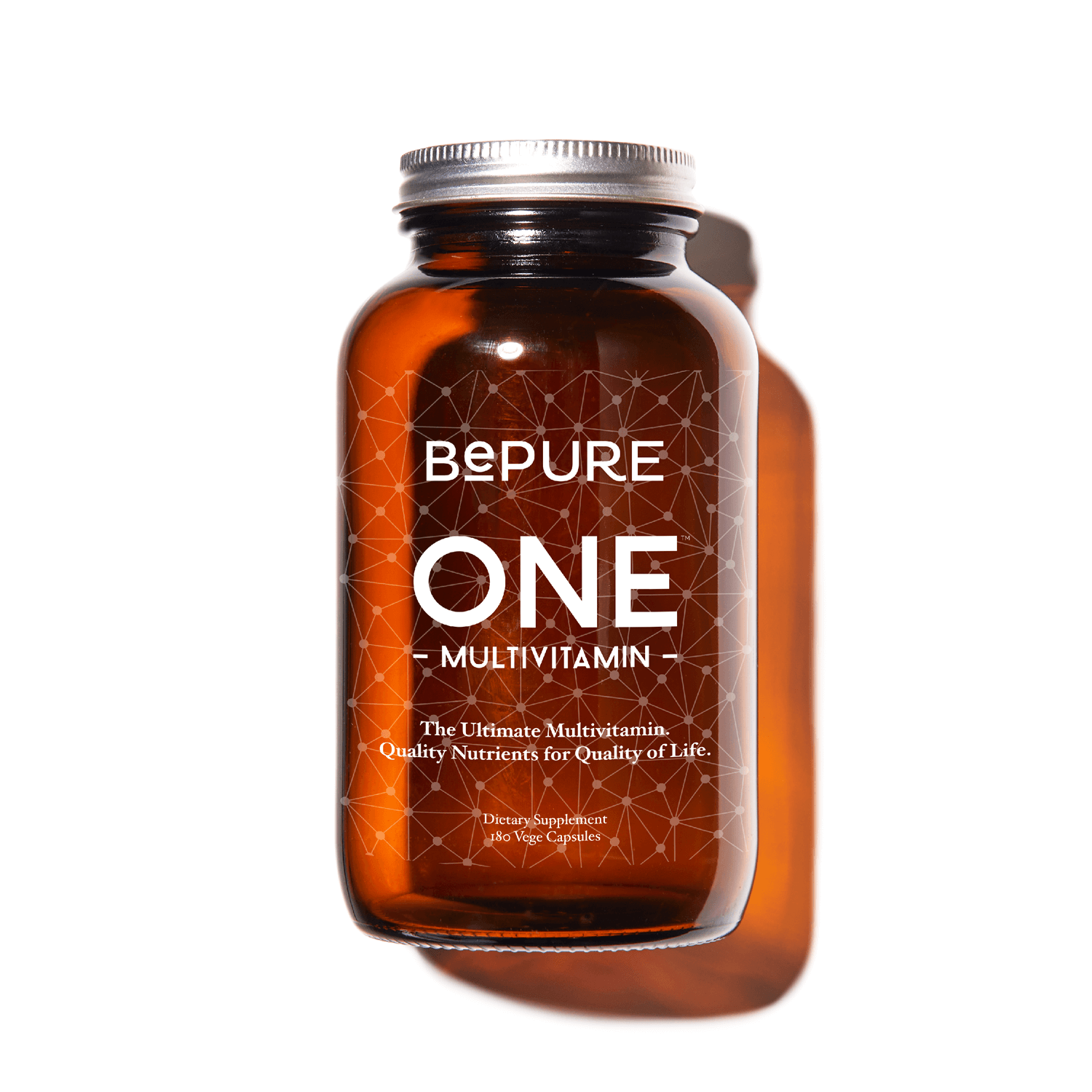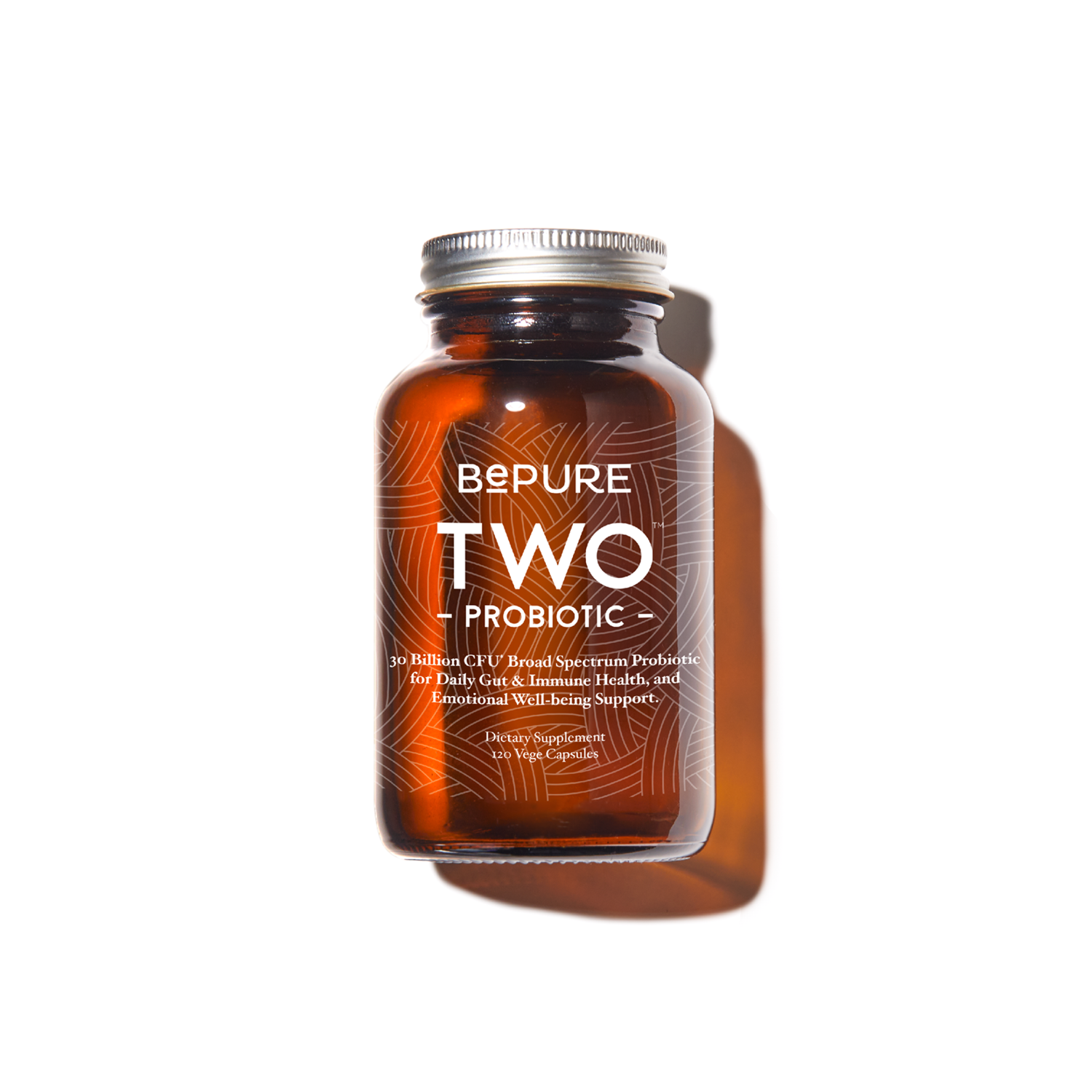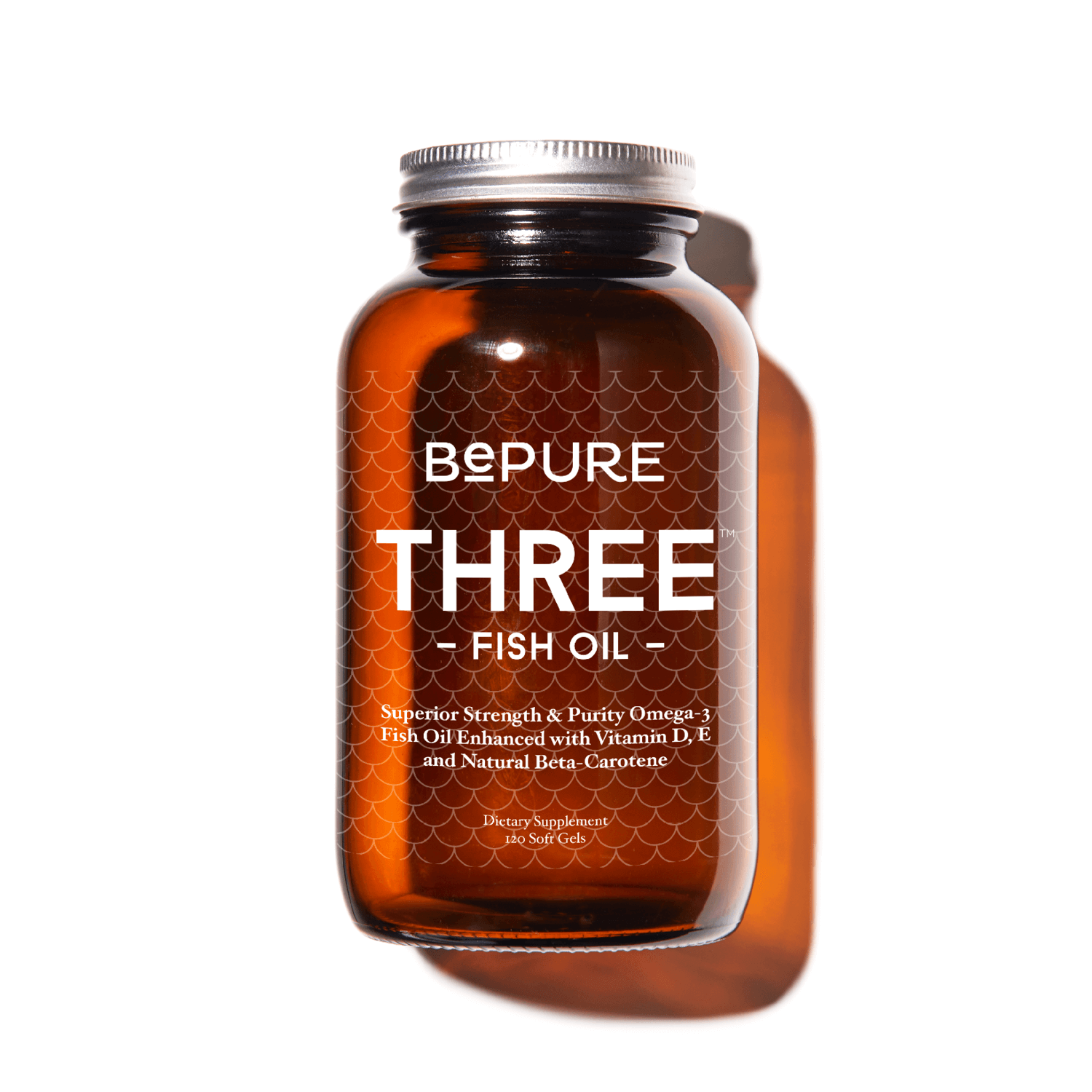Wondering what to eat to support your hormones during pregnancy or menopause? Or, maybe to help ease the surge of hormones during your child's puberty?
In this blog, we cover all the tips, tricks, and tasty recipes you'll want to know.
What to Eat to Support Puberty
When going through puberty, inspiring our kids to eat well is the most important thing we can do. That means putting lots of 'real food' (as opposed to takeaways and processed foods, or foods that come out-of-a-packet) on their plates and in their school lunches.
These 3 simple tips can help ease the storm of hormones during your child's puberty:
1. Add cruciferous veggies to meals.
Cruciferous veggies—think broccoli, cauliflower, cabbage, kale, collard greens, radish, bok choy, brussel sprouts, and watercress... among others. These all contain molecules that help clear excess oestrogen in the body. Balanced hormones lead to a balanced menstrual cycle and less of the premenstrual syndrome symptoms (PMS) commonly associated with puberty (mood swings, fatigue, bloating, cramping etc.)
2. Eat fermented foods for extra gut-love
Our gut health has a huge impact on our hormone health. Foods, such as kimchi, sauerkraut and kefir all add extra beneficial bacteria to our daily diet. You can also add in a daily probiotic, we recommend BePure Two Probiotic.
3. Support skin health
Puberty is usually when our skin decides to go haywire so we suggest adding foods rich in zinc, omega 3 and magnesium or adding in a supplement form. We would recommend BePure Zinc Restore, BePure Three and BePure Magnesium Restore. These provide our cells with the nutrients they need for happy, healthy skin.
What to Eat to Support Fertility & Pregnancy
When it comes to making babies, a woman's body needs the right nutrients for optimal hormone production. While men’s hormonal systems are not as complex, it is important that men nourish their bodies to support their fertility levels too. After all, it takes two to tango!
Eating for fertility
- Fermented foods for some extra gut love.
- Healthy fats for hormone balance.
- Plenty of leafy greens (sauté to remove goitrogens) for vitamin B9 (dietary folate). Try adding them to each meal.
- Seaweed for iodine.
- Red meat for B12 and iron.
- Oily fish (like salmon and sardines) for DHA and choline.
- Selenium and zinc (very important for healthy male fertility)
These nutrients can also be found in BePure One, BePure Three and BePure Mum's One. For women, we recommend taking all three for three months prior to beginning to try and get pregnant. For men, take BePure One and BePure Zinc Restore.
Eating During Pregnancy
Everyone's pregnancy is different but pregnancy often comes with feelings of nausea—especially in trimester—and powerful cravings. Eating during pregnancy is all about making the food you eat emotionally supportive. Here's what we mean:
1. The most important thing is to eat
Creating life is a demanding task, one that requires high quantities of essential nutrients to ensure the health of both mother and baby is optimally supported. The most important thing during this time is to eat what you can.
2. Make emotionally supportive choices
Cravings can be very powerful so rather than fight against them, work with them. If you're craving a bacon and egg buttie, that might be exactly what your body needs to feel supported. Ask yourself, what's the best form of that food you could give yourself? Maybe it's switching out a white bap for a gluten free bun, going for organic bacon and a free range egg.
What to Eat to Support Perimenopause & Menopause
The shift into menopause can be difficult, both physically and emotionally. To help support your body and improve your experience during this transitional time, try making some of these lifestyle changes (these may be challenging... but definitely doable!)
1. Stabilising blood sugar levels.
This is essential at every stage of life for healthy hormone balance but for perimenopausal and menopausal women it becomes even more important. Stable blood sugar levels can help with everything from energy, insulin sensitivity, mood swings, sugar cravings and weight management.
2. Eating protein at each meal
Protein is an essential macronutrient needed to build and repair. Eating adequate levels of high quality protein in your meals also helps balances blood sugar levels and provides satiation.
3. Pay Attention to Your Wine Consumption
We're not going to be popular for pointing this one out, but unfortunately wine and hot flashes go hand in hand. If this is an issue for you it’s best to reduce alcohol completely during this time or when you'd like a drink opting for organic wines free of sulfites.
4. And Your Coffee Consumption
As you probably know, caffeinated coffee is a stimulant and triggers your fight or flight response—which is why you get the focus and energy rush associated with a cup of coffee.
During this time of menopause—especially in perimenopause—when progesterone (our calming hormone) is on the decline and oestrogen is still appearing in surges, adding coffee to the mix can cause feelings of anxiety. Pay attention to how you feel after drinking coffee and if this if you, try switching to decaf or go for a matcha latte instead.
5. Support Healthy Levels of Progesterone
As we mentioned above, surges of oestrogen during perimenopause can result in hormonal imbalance. BePure CycleCalm is a nourishing herbal and nutrient formulation designed to support and maintain healthy progesterone levels—for a happier, calmer and more balanced you. If you are looking for nutrient support during menopause, we recommend our cooling BePure MenoCalm blend.
As you can see, there are many factors to consider when eating to support healthy, happy hormones! The body is incredibly complex, and it’s important to remember that nothing works in isolation—just like one day isn't going to 'ruin' anything. It is the small changes, made consistently, that have the greatest impact.



